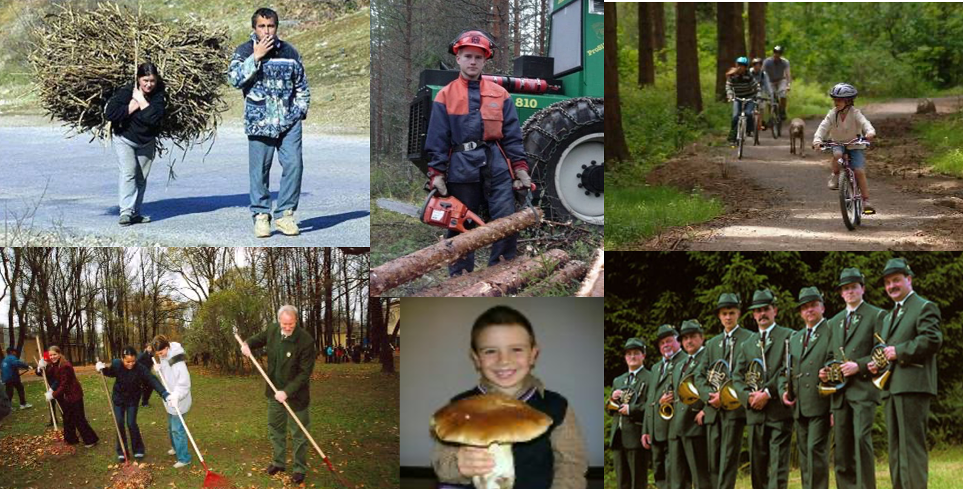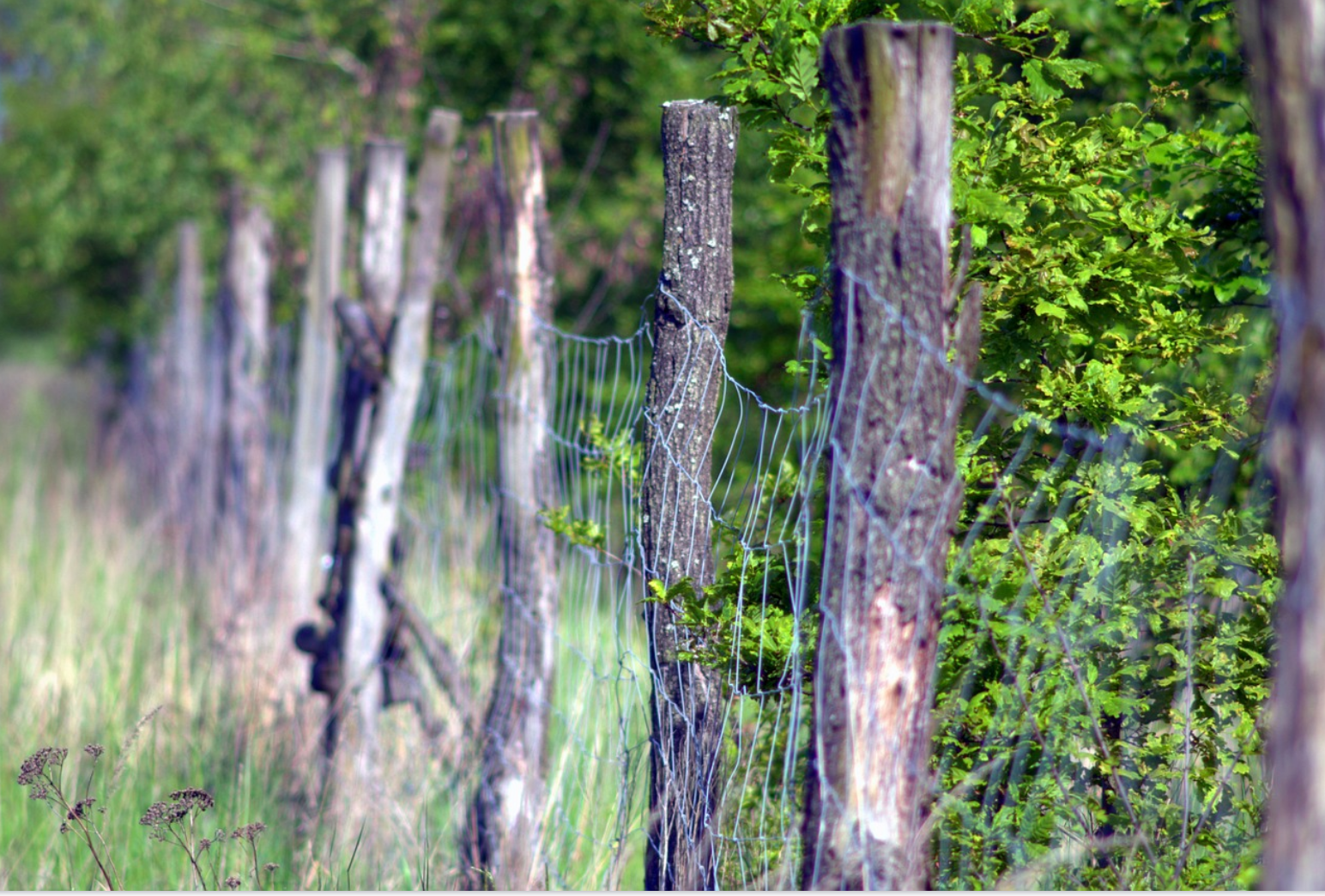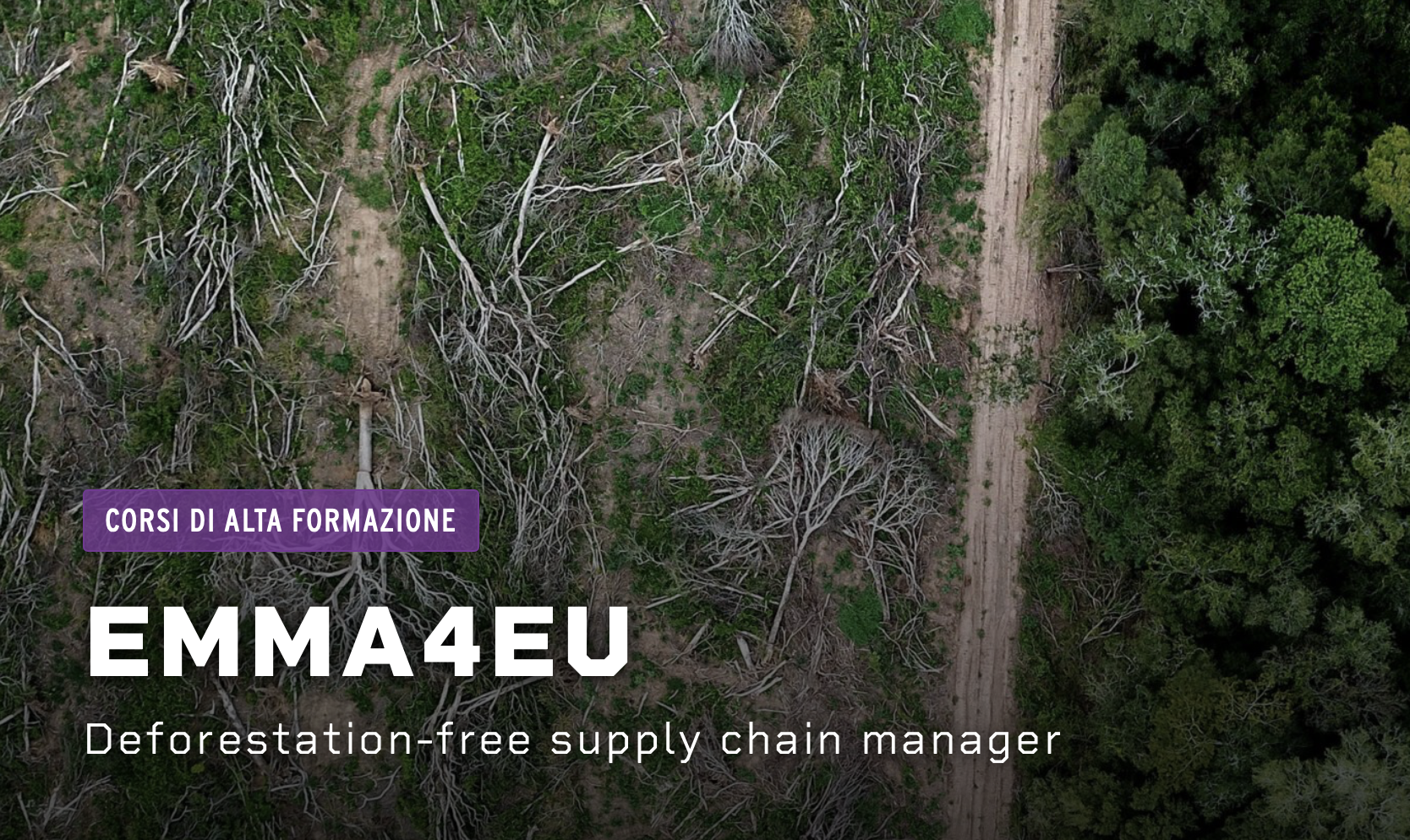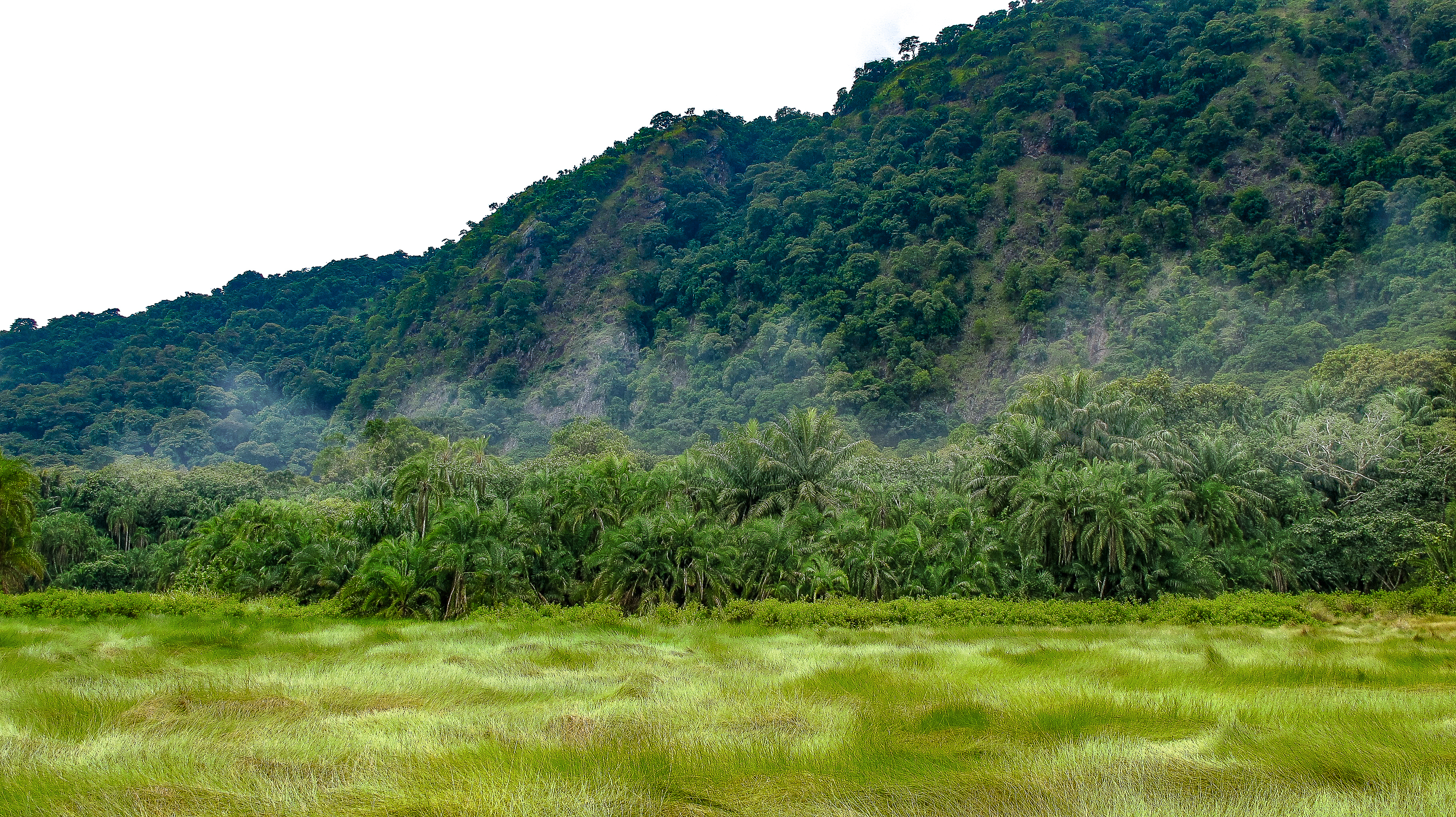
- Docente: Gatto Paola
- Docente: Pagot Giacomo
- Docente: Secco Laura
| Nazione: | Italia |
|---|---|
| Città /Località: | Legnaro - Padova |
| Skype ID: | laura.secco |

Categoria AA 2024 - 2025 / Corsi di laurea magistrale / AV2091 - FOREST SCIENCE - SCIENZE FORESTALI

Categoria AA 2024 - 2025 / POST LAUREAM 2024-25
The joint e-course is offered by TESAF Department - University of Padua to the SUTROFOR and SUFONAMA Erasmus Mundus students enrolled at the 1st year in Copenhagen, Bangor, Dresden and Goettingen Universities.
The aim of the course is to give students a perspective of the political debate and practical tools concerning the role of forests in mitigating and adapting society to climate change. Emphasis is on best practices to be adopted in forest carbon projects as regarding carbon accountability, auditing and project management and monitoring.
Forest is playing an important role in the adaptation and mitigation of climate change, in particular in connection with the development of REDD+ projects (Reducing Emissions from Deforestation and Forest Degradation) and the increasing share of forest carbon projects in the voluntary carbon market. Central themes of the course are: (i) figure and facts of climate change (e.g. IPCC data) and their relationship with the need of developing community-based resilience strategies to reduce vulnerability of the society to climate change; (ii) definition of forest-based activities to mitigate climate change (e.g.: afforestation, improved forest management, REDD+) and the best practices to be adopted in project development as establishing reliable baseline, demonstrate additionality, ensure permanence, avoid leakage and secure co-benefits; (iii) overview of the institutional initiatives (i.e. the UN Convention on Climate Chanhe and its Kyoto Protocol) with a critical analysis of the past, present and future role of the forest sector; (iv) overview of the voluntary initiatives of carbon emission compensation related to the forestry sector with a focus on risks of green-washing and the need for quality control and quality insurance tools; (v) categorization, structure and implementation of the major carbon standards and market chain infrastructures as carbon registries, accounting methodologies, etc.; (vi) analysis of forest carbon project actors and phases, particularly looking at the validation and verification process, the fundraising, the monitoring and credit marketing aspects (support of two case studies); (vii) simulation of auditing process through the testing of additionality, baseline, permanence and leakage in two case studies.
The aim of the course is to give students a thorough understanding of the current situation and potential role of societal marketing applied to the forestry sector. In the rapidly changing scenario of the global economy, an important new fact is that, in a market economy with sufficiently competitive and transparent markets, and with environmentally conscious citizens and consumers, organizations will be rewarded for their environmental and social achievements, while they will face constraints if they use environmentally and socially poor practices without taking into account stakeholders’ point of views and expectations. Due to this trend, which is influencing also the forestry sector’s companies and the forest products and services traders and users, the societal marketing is becoming a strategic instrument for business.
The course includes: (i) Basics about marketing, societal marketing and its related strategic planning (e.g. the marketing mix), segmentation and differentiation, competitive advantages and marketing positioning; (ii) General overview of market-based policies, instruments and initiatives for promoting and implementing environmental and social responsibility in forestry; (iii) Details about theory and procedures for forest certification, with a special focus on FSC and PEFC.
(iv) Case-studies and field visits are used to explain how different societal marketing instruments apply in practice and which are their main pros and cons.
Il Master forma, per Enti pubblici, agenzie internazionali, ONG, ONLUS, esperti nella cooperazione veterinaria internazionale, in grado di intervenire in tutti i momenti delle diverse filiere produttive con competenze tecniche specifiche nel campo della salute e delle produzioni animali, con capacità di relazione, di valorizzazione delle risorse locali, di progettazione, realizzazione e valutazione di interventi specifici.
Categoria ALTRI ANNI ACCADEMICI / A.A. 2013-2014 / POST LAUREAM


